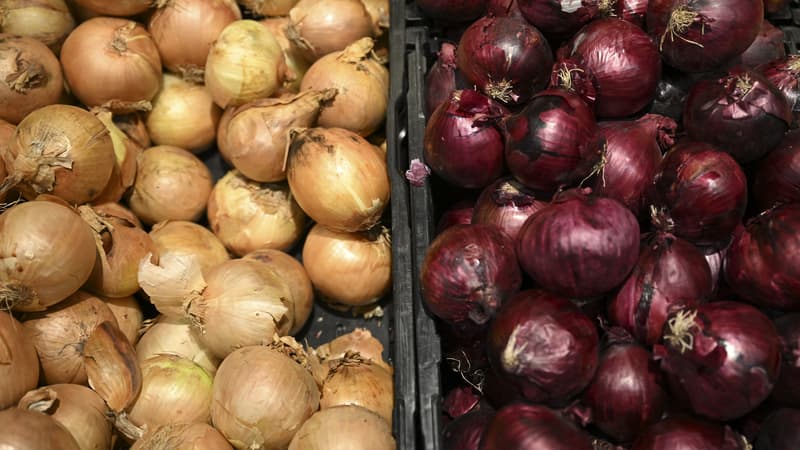Flavonols, a family of molecules found in many fruits, vegetables, as well as tea and wine, could help slow cognitive decline in people who consume them the most, according to a study conducted by American neurologists on nearly a thousand people. aged between 60 and 100 and broadcast on CNN.
The high consumption of flavonols is notably associated with a limitation of memory loss, regardless of the age of the people studied, their sex or their tobacco use, according to the study, published in NeurologyThe medical journal of the American Academy of Neurology.
Onion and green tea, the highest sources of flavonols
Onions are the foods that contain the most flavonols, especially red onions, as well as green tea. Significant doses are also found in moringa, a plant native to India and Sri Lanka, as well as broccoli, blueberries, cauliflower, kale greens, leeks, spinach, and strawberries.
“It’s exciting to see that our study shows that choosing specific foods can lead to slower cognitive decline,” said study author Dr. Rush University in Chicago.
Specific types of flavonols have been linked to improving people’s health in previous studies. One of them, quercetin, very present in onions, has been linked to a reduction in the risk of cancer, especially colorectal cancer. Another, myrecetin, has been associated in rodents with a reduced risk of Alzheimer’s disease and better control of blood sugar levels.
No causal link
The study was conducted among residents of the city of Chicago, United States, who consumed an average of 10 milligrams of flavonols per day (5 mg per day for the lowest consumers, 15 mg per day for those who average US adults). between 16 and 20 milligrams per day.
Despite their mixed findings, the study authors note that a causal link between a high intake of flavonols and a slowing of cognitive degeneration has yet to be demonstrated.
Source: BFM TV


